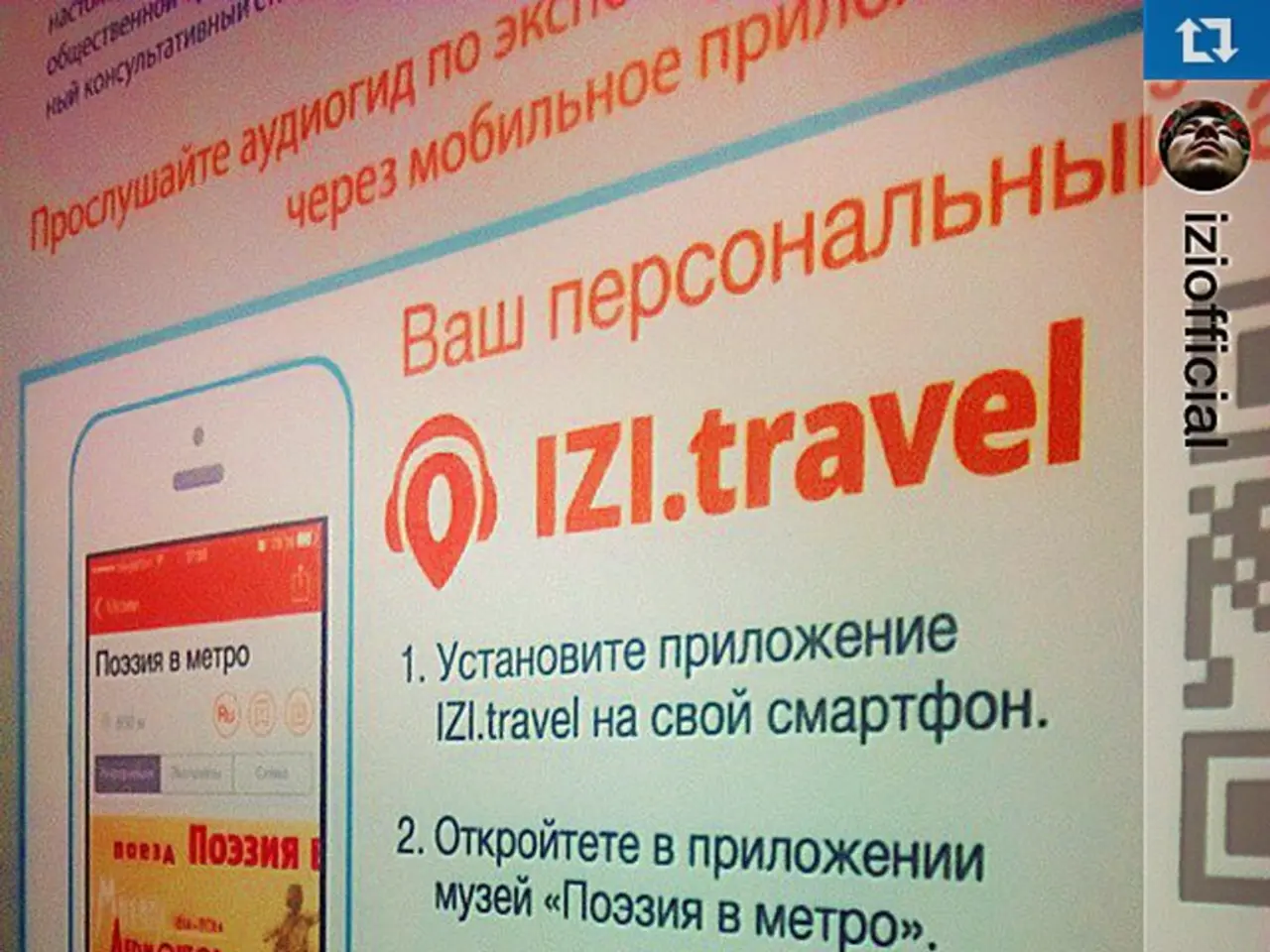Bypassing Regulations for Human Values: Insights from the Identity Struggles
Identity and Access Management (IAM) is a critical aspect of modern enterprise infrastructure, and it's no surprise that many leaders in the field didn't originally set out to work in IAM. Instead, they found themselves drawn to its messy, dynamic, and comprehensive nature.
Success in IAM requires a fusion of technical capabilities to operate IAM technologies and strong interpersonal and organizational skills to manage compliance, process ownership, and collaboration among diverse stakeholders.
Technical Knowledge and Problem-Solving
Professionals in IAM need a strong understanding of identity and access concepts, authentication, authorization, and governance processes. They must be able to design, implement, and manage IAM systems, troubleshoot identity solutions, and use platforms such as Microsoft Entra, Azure, and Active Directory.
Compliance and Risk Management Awareness
Understanding regulatory requirements like GDPR, HIPAA, and ISO 27001 is essential. IAM controls like role-based access control, privileged account management, access approvals, and audit processes are crucial for protecting sensitive data and reducing security breaches.
Process Ownership and Strategic Thinking
Managing IAM processes, driving organizational identity projects, and ensuring a seamless user experience with self-service capabilities are vital skills. This includes planning and implementing identity governance aligned with Zero Trust principles and organizational policy enforcement.
Collaboration and Communication Skills
Working effectively with multiple roles, such as security teams, business units, and auditors, is crucial for driving strategic IAM initiatives. Clear access management workflows and training tailored to both technical and non-technical stakeholders are essential for success.
Analytical Skills and Continuous Monitoring
Monitoring access activity for anomaly detection, performing regular access reviews, and leveraging analytics for risk scoring and adaptive access control decisions are all part of enforcing least privilege security effectively.
The quote "Tech is easy. People are complex" was made by Sulohita Vaddadi, former CISO of GE Aerospace, in a recent episode of The Identity Heroes video series. This sentiment highlights the fact that the most complex challenges in IAM are often human, not technical.
The concept of "human-in-the-loop" in IAM refers to identity decisions that require human judgement, context, and accountability. Eve Maler emphasized that consent is a conversation, not just a checkbox, and the challenge of identity is embedding user agency and trust into the system architecture.
AI agents and machine identities have emerged, making it more critical than ever to keep the human element in the loop. Automation can handle provisioning, but it cannot replace human judgement.
There is no one path to becoming a leader in IAM. Curiosity, resilience, and empathy are more important than certifications. Gerry Gebel, the Head of Standards at Strata Identity, with a background as a Burton Group analyst and tech executive at Chase Manhattan Bank, is a testament to this.
In a recent episode of The Identity Heroes, Sulohita Vaddadi shared an example of ending a major identity project due to a lack of alignment among business stakeholders, despite a solid technical plan. This underscores the importance of collaboration and communication skills in IAM.
In conclusion, IAM is a field that requires a unique blend of technical and interpersonal skills. The human element is crucial, and the challenge lies in managing the complexities of people while ensuring the security and efficiency of IAM systems.
- Gerry Gebel, with his experience as a Burton Group analyst and tech executive at Chase Manhattan Bank, demonstrates that one doesn't necessarily have to follow a traditional path to become a leader in the field of Identity and Access Management (IAM).
- In the realm of IAM, successful leaders, like Gerry Gebel and Sulohita Vaddadi, understand that while technology plays a crucial role, the human element, including collaboration, communication, and empathy, is equally if not more important in navigating the complexities of modern business, finance, education-and-self-development, and technology landscape.




